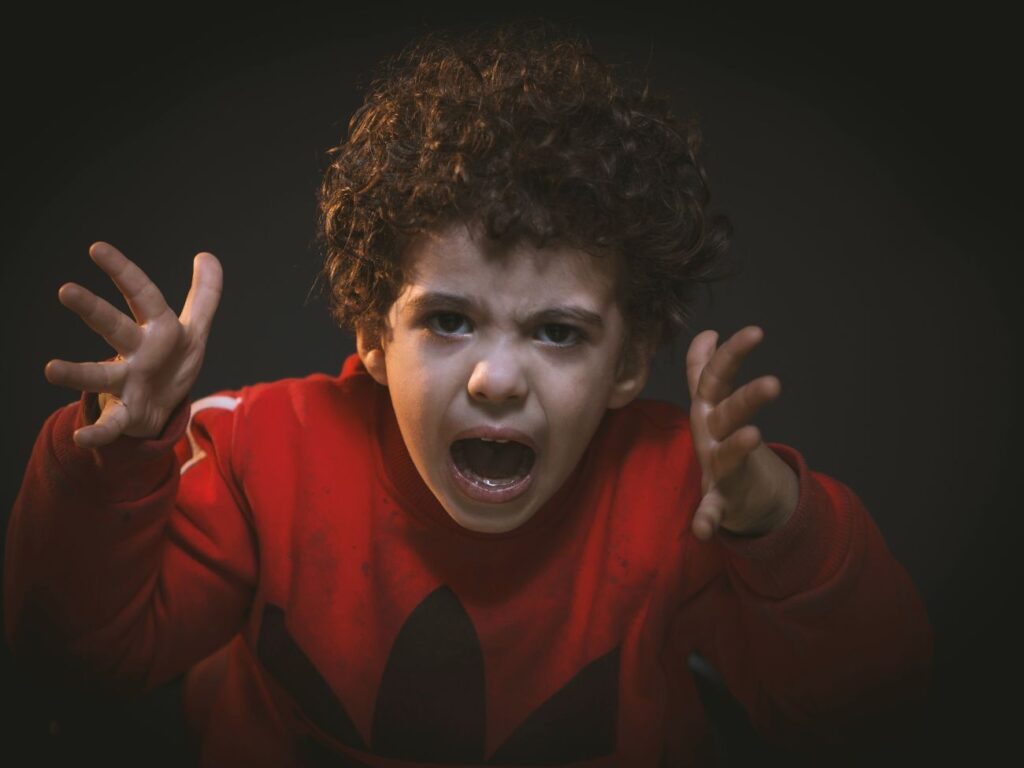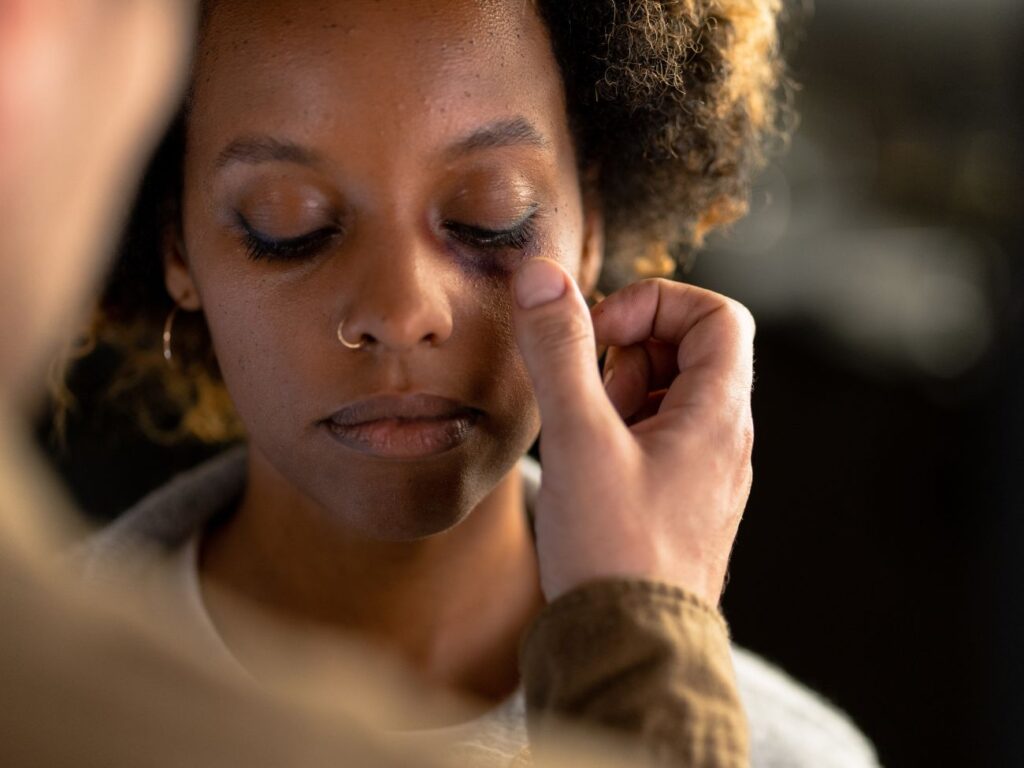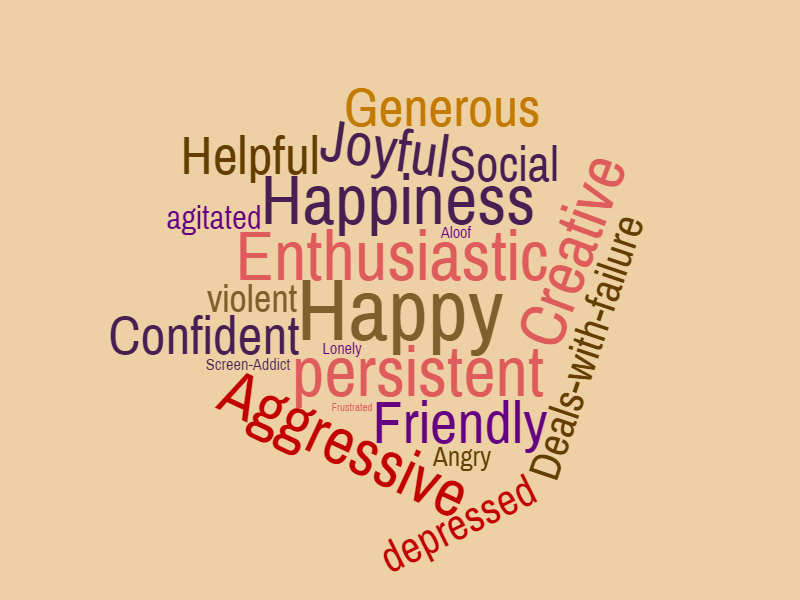Childhood trauma refers to any experience that a child undergoes that is perceived as threatening or dangerous, and that overwhelms the child’s ability to cope. This can include physical, sexual, or emotional abuse, neglect, loss of a parent, or exposure to violence or other traumatic events. The impact of childhood trauma can be long-lasting, and can affect a child’s mental, emotional, and physical health.
Anupma Chandra is a positive psychology expert who has conducted research on the impact of childhood trauma on mental health. She has found that childhood trauma can lead to a range of negative outcomes, including depression, anxiety, substance abuse, and even physical health problems such as heart disease. Childhood trauma

Chandra's research has also found that childhood trauma can affect the brain in ways that make it more difficult to regulate emotions and cope with stress. This can make it harder for individuals who have experienced childhood trauma to form healthy relationships and achieve their goals.Despite the negative impact of childhood trauma, Chandra’s work also emphasizes the importance of resilience and the potential for positive growth in the face of adversity. She has found that individuals who have experienced childhood trauma can benefit from interventions that focus on building resilience, such as mindfulness-based stress reduction, cognitive-behavioral therapy, and positive psychology interventions. Childhood trauma
Positive psychology interventions involve practices such as gratitude journaling, positive self-talk, and focusing on personal strengths and values. These interventions can help individuals who have experienced childhood trauma to develop a more positive outlook and a greater sense of control over their lives.
Symptoms of childhood trauma
Chandra’s research underscores the importance of recognizing and addressing childhood trauma, as well as the potential for growth and resilience in the face of adversity. By promoting positive psychology interventions, we can help individuals who have experienced childhood trauma to lead healthier, happier lives.

Childhood trauma can have a significant impact on a child’s mental, emotional, and physical health. The symptoms of childhood trauma can vary depending on the type and severity of the trauma, as well as the individual child’s resilience and coping mechanisms. Here are some common symptoms of childhood trauma:
- Behavioral changes: Children who have experienced trauma may exhibit behavioral changes such as aggression, hyperactivity, or withdrawal. They may also engage in risk-taking behaviors, such as substance abuse or self-harm.
- Emotional dysregulation: Trauma can cause a child to experience intense emotions such as fear, anger, or sadness. They may have difficulty regulating their emotions and may experience mood swings or emotional outbursts.
- Physical symptoms: Trauma can manifest in physical symptoms such as headaches, stomach aches, or other chronic pain. Trauma can also weaken the immune system, leading to frequent illnesses. Childhood trauma
- Difficulty with relationships: Children who have experienced trauma may struggle with forming and maintaining healthy relationships. They may have difficulty trusting others or may struggle with attachment issues.
- Cognitive difficulties: Trauma can impact a child’s ability to concentrate, learn, and remember information. They may also experience difficulty with problem-solving or decision-making.
- Sleep disturbances: Trauma can cause a child to experience nightmares, insomnia, or other sleep disturbances.Childhood trauma
- Avoidance: Children who have experienced trauma may avoid situations or people that remind them of the traumatic event.
It is important to note that not all children who experience trauma will exhibit these symptoms, and some symptoms may not appear until later in life. If you suspect that a child has experienced trauma, it is important to seek the help of a mental health professional who specializes in trauma treatment.
How to know if you have suffered childhood trauma
If you’re wondering if you have suffered childhood trauma, there are a few signs and symptoms that can help you identify whether you have been impacted by childhood trauma. Here are some signs to look out for:
- You have difficulty trusting others: If you have trouble trusting people or find it hard to open up to others, it could be a sign that you have experienced childhood trauma.
- You have recurring nightmares or flashbacks: If you have vivid memories of a traumatic event and find yourself reliving it through nightmares or flashbacks, it could be a sign that you have experienced childhood trauma.
- You struggle with emotional regulation: If you find it difficult to regulate your emotions, experience mood swings or emotional outbursts, it could be a sign that you have experienced childhood trauma.
- You have difficulty forming or maintaining healthy relationships: If you find it hard to form and maintain healthy relationships, it could be a sign that you have experienced childhood trauma.
- You have physical symptoms with no clear medical cause: If you experience chronic pain, headaches, or other physical symptoms with no clear medical explanation, it could be a sign that you have experienced childhood trauma.
- You engage in risk-taking behavior: If you engage in risky behaviors such as substance abuse, self-harm, or other harmful behaviors, it could be a sign that you have experienced childhood trauma.
It is important to remember that not everyone who experiences childhood trauma will exhibit these symptoms, and some symptoms may not appear until later in life. If you suspect that you have experienced childhood trauma, it is important to seek the help of a mental health professional who specializes in trauma treatment. They can help you process your experiences and develop healthy coping mechanisms.
5 tips to deal with childhood trauma
If you have experienced childhood trauma, it is important to take steps to heal and cope with the impact of the trauma. Here are five tips to help you deal with childhood trauma:
- Seek professional help: Trauma can be difficult to process and heal from on your own, so seeking the help of a mental health professional who specializes in trauma treatment can be very beneficial. They can provide support, guidance, and tools to help you cope with the impact of the trauma.
- Practice self-care: Taking care of your physical, emotional, and mental health is important when dealing with childhood trauma. This can include getting enough sleep, eating a healthy diet, engaging in regular exercise, and practicing relaxation techniques such as meditation or deep breathing.
- Connect with others: Connecting with others who have experienced similar trauma can be helpful in feeling understood and supported. Support groups, online forums, or therapy groups can be a good place to connect with others who have experienced childhood trauma.
- Build healthy coping mechanisms: Developing healthy coping mechanisms, such as journaling, creative expression, or talking to a trusted friend, can help you manage difficult emotions and stress related to childhood trauma.
- Practice self-compassion: It is important to be kind to yourself and practice self-compassion when dealing with childhood trauma. Recognize that healing from trauma is a process, and be patient and gentle with yourself along the way. Childhood trauma
Dealing with childhood trauma can be a challenging process, but by seeking help, practicing self-care, connecting with others, building healthy coping mechanisms, and practicing self-compassion, it is possible to heal and move forward in a positive way.










